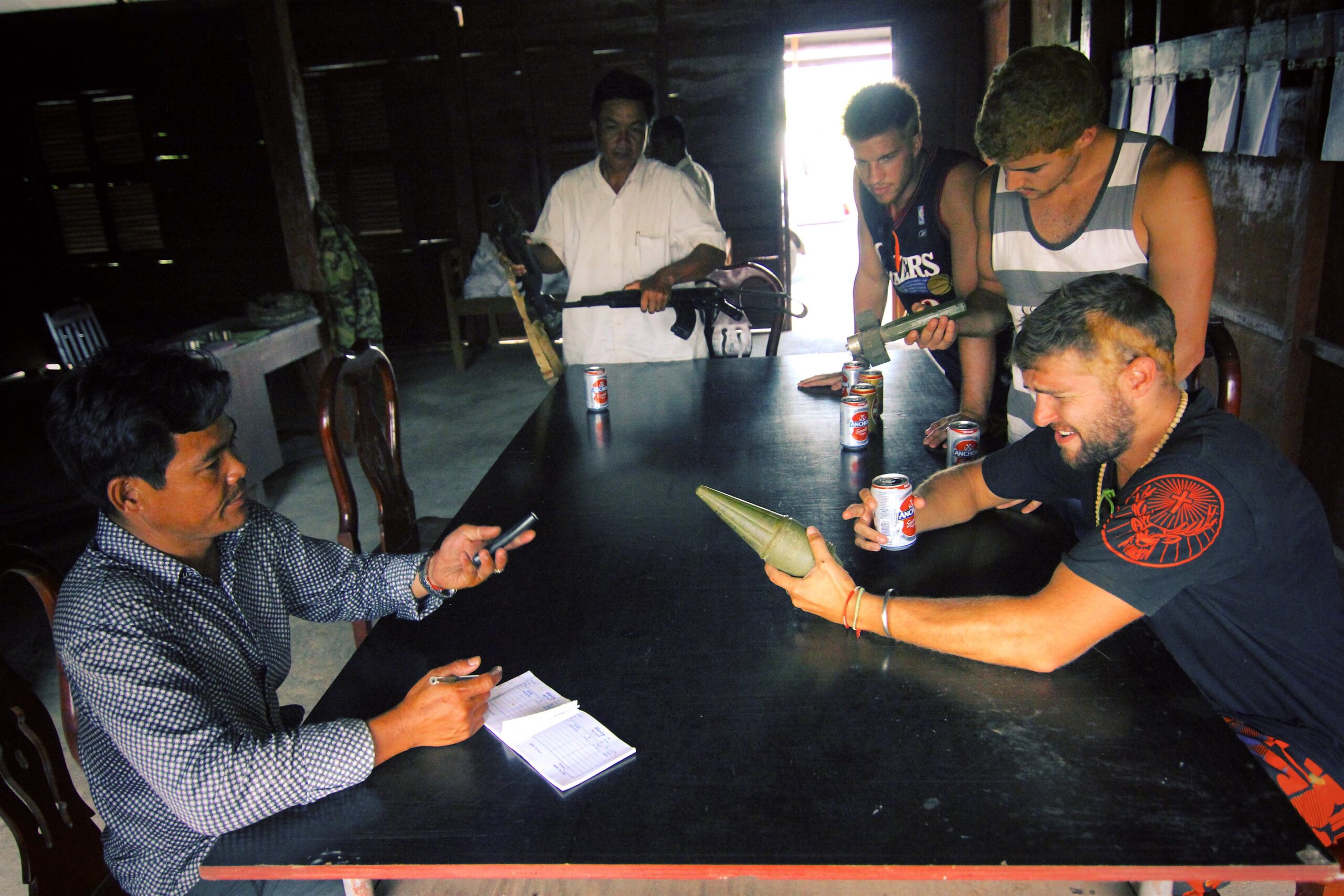Memory Techniques To Boost Your Foreign Language Learning
Using Mnemonics in Foreign Language Teaching and Learning
So how much vocabulary do you actually need to know before you can “get by” and actually converse in a foreign language? That depends on who you ask, as that tends to vary somewhat.
In his book, “Using Your Memory”, author Tony Buzan says that a mere 100 words comprise nearly 50% of the vocabulary used in every day conversational speech in most languages. Learning the equivalent of these words in a foreign language can help you to quickly develop essential vocabulary for everyday conversational use. But is this really enough?
Link Word Technique
Generally, you can function at the most basic level in a foreign language with a core vocabulary of around 1000 words according to Dr. Michael Gruneberg who formalized the “LinkWord” technique. He claims that, using this technique of linking a word in your own language to a word in the new language, you can acquire a core vocabulary in a foreign language in as little as 10 hours.
The LOCI Method
According to Cicero, the LOCI Method or Roman Room System is said to have originated in ancient Greece circa 500 B.C. When the building he was in collapsed, crushing all of the people inside beyond recognition, the only survivor, poet Simonides of Ceos identified the victims by name solely based on where they had been sitting at the dinner table. The technique was commonly used for centuries by Greek and Roman orators to give speeches without using notes.
The Pimsleur Method
The Pimsleur Method folks check in at 2,500 words as a minimum core vocabulary to communicate fluently in a foreign language. This is much closer to what I’ve actually found in real-world practice to be an effective depth of vocabulary.
Personally, I advocate a minimum core vocabulary in the range of 1500 to 2000 words. Sure you can “communicate” with much fewer words, as few as 500 depending on the context, but you could often sound “strained”, “artificial” or even “childish” in your speech constructions while trying to get your point across.
In addition, if you’re working in a skilled trade, vocation or profession, the minimum core vocabulary count could ramp up as much as another 300 to 500 words. So any time spent acquiring needed foreign language vocabulary is definitely time well spent. In the next article of this series we’ll consider a simple method you can use to start learning key vocabulary right away.















